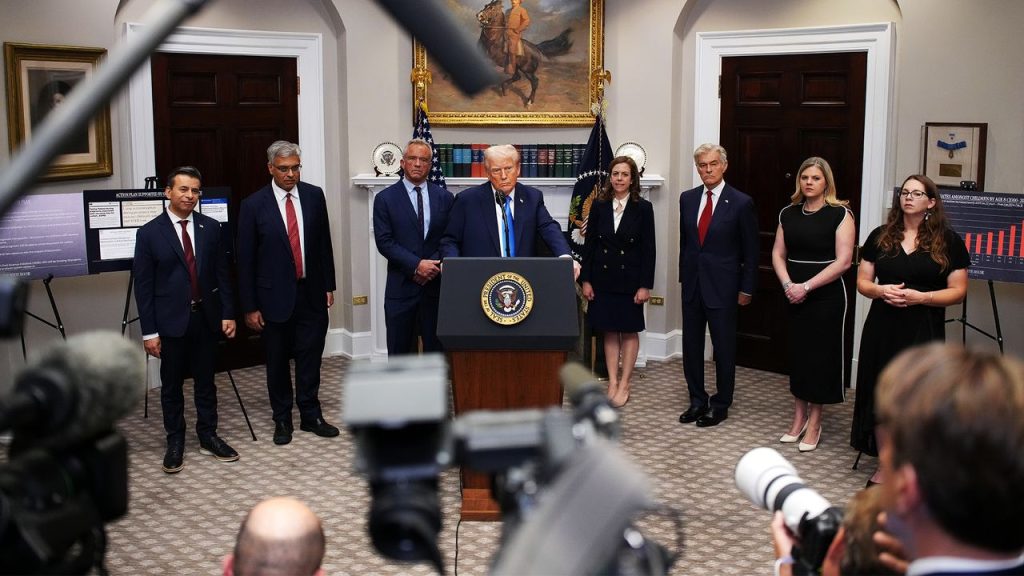At last week’s hotly awaited meeting of the Advisory Committee on Immunization Practices (ACIP), which makes recommendations to HHS on which vaccines America’s children should take and insurance companies should cover, one of its newly appointed members, Dr. Cody Meissner, arguably the most qualified to be there, admitted that he was “still confused.” The committee was weighing whether the MMRV shot that bundles measles, mumps, rubella, and varicella vaccines into one injection should be covered by the government’s Vaccines for Children Program, which provides vaccines at no cost to eligible children. Meissner concluded, “I’m going to abstain because I’m not quite sure what I’m voting for here.”
Just seven months into Secretary Kennedy’s tenure as the nation’s health secretary, the machinery of our public health infrastructure, with its advisory committees and carefully scrutinized research grants, has become so degraded that it’s becoming challenging for even a well-informed citizen to know what basic healthcare steps to take. When and how should they vaccinate their children? Should they get a COVID-19 booster, and will insurance cover it? Should they “tough it out” if pregnant with a fever and not take Tylenol, as Trump suggested?
Remarkably, even Senator Bill Cassidy (R-La.), who cast the deciding vote to confirm Kennedy as health secretary, said at a hearing last Wednesday that the recommendations of the newly constituted ACIP committee, now stacked with vaccine skeptics, could no longer be trusted and lacked legitimacy.
Secretary Kennedy swept into office with a pledge to use radical transparency and gold-standard science to overhaul America’s broken medical system, throwing aside precedent in favor of unbiased, clear-eyed decisions, free from conflicts of interest.
But a very different portrait of what drives his decision-making came into view last Wednesday, when Dr. Susan Monarez testified before the Senate Health Committee that she was fired as director of the Centers for Disease Control and Prevention, 29 days after being confirmed, because she refused to preemptively approve every vaccine recommendation from the ACIP committee, regardless of scientific evidence. (Kennedy refuted the claim, telling the Senate that he fired her because she was “untrustworthy.”)
Cassidy asked Monarez, “Did [Kennedy] cite any data or science as relates to the potential ACIP recommendations to persuade you to support them?”
To which Monarez replied, “He responded that there was no science or evidence associated with the childhood vaccine schedule.”
In this era of vibes-based medicine, government recommendations can be built on the thinnest reeds of evidence and do not need to rest on boring stuff like lengthy research studies and grueling searches for proof. At the autism press conference, Dr. Mehmet Oz, administrator for the Centers for Medicare and Medicaid Services, characterized it as an “aggressive approach…demanded by the president and by the secretary.”
But as the Coalition of Autism Scientists said in their statement, given that acetaminophen use during pregnancy has not increased over the last two decades alongside rising autism case rates, “It’s clearly not the cause of the increased diagnoses of autism.” It further pointed out, “Fevers during pregnancy are known to increase risk for autism, and that’s why mothers take acetaminophen in the first place.”
At the press conference, President Trump noticeably struggled to pronounce the word acetaminophen, which led several commentators on X afterward to question whether he should be dispensing medical advice about something he can’t even correctly say.

